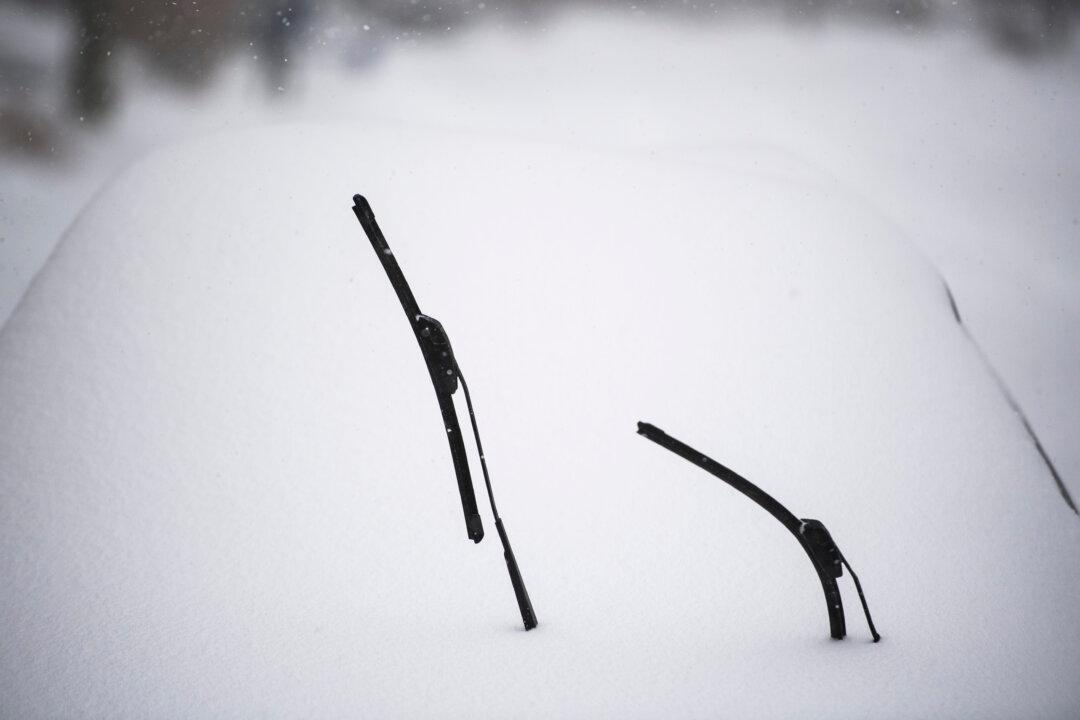Northern Ontario is bracing for some harsh weather this week as a major storm coming from the Prairies is expected to bring heavy snowfall, winter storms, and downpours that could flood some areas.
The storm that began battering southern Manitoba and southern Saskatchewan on Tuesday could be the worst blizzard in decades, Environment Canada warned. As of Wednesday morning, snowfall continues to accumulate and could reach up to 50cm in certain parts of the two provinces.





